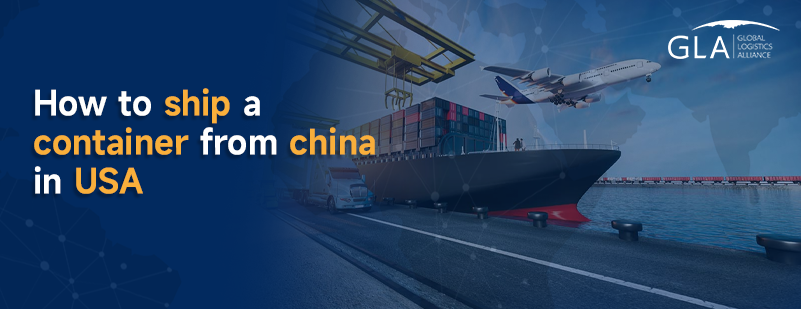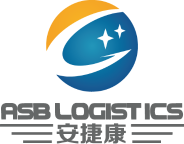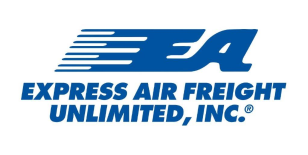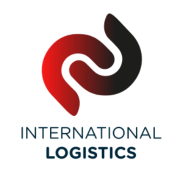Time:2024-03-20 Publisher:Kevin Num:10254

Shipping containers from China to the USA is a crucial aspect of international trade, facilitating the movement of goods across continents. Whether you're a business owner looking to import products or an individual relocating goods, understanding the process of shipping containers from China to the USA is essential.
In this comprehensive guide, we will explore the intricacies of shipping containers from China to the USA, covering everything from the cost involved to the necessary documentation and the various routes available. By the end of this article, you will have a clear understanding of how to navigate the complexities of shipping containers and ensure a smooth transportation process from China to the USA.
What are the expenses involved in shipping goods from China to the USA?
Shipping goods from China to the USA involves several expenses that must be considered when planning international shipments. Firstly, there are freight charges, which depend on whether goods are shipped via sea freight or air freight. While sea freight is generally more cost-effective, air freight offers faster delivery but at a higher price.
Additionally, there are container fees associated with using shipping lines' containers, which vary based on the size and type of container required for the shipment. Importing goods into the USA also incurs customs duties and taxes, which are determined by the value and type of goods being imported. Furthermore, transportation costs are incurred to move the goods from the destination port in the USA to their final destination, whether by truck, rail, or other means.
It's also advisable to invest in insurance to protect against loss or damage during transit, with the cost of insurance depending on the value of the goods and the level of coverage required. Overall, considering these expenses is crucial for accurate cost estimation and smooth logistics operations when shipping goods from China to the USA.
What are the shortest and longest routes for shipping containers from China to the USA?
The shortest and longest routes for shipping containers from China to the USA vary depending on several factors such as the specific ports of departure and destination, as well as the shipping company chosen. Generally, the shortest route typically involves shipping directly from major Chinese ports such as Shanghai or Shenzhen to major US ports like Los Angeles or Long Beach.
This route traverses the Pacific Ocean and is known for its efficiency and relatively shorter transit times. On the other hand, the longest route may involve transiting through multiple ports or even continents, depending on the logistics involved and the specific shipping requirements.
These longer routes may include transshipment through ports in other countries or crossing the Atlantic Ocean before reaching the USA. Ultimately, the choice of route depends on factors such as cost, transit time, and the specific needs of the cargo being shipped.
What documentation is necessary for importing goods from China to the USA?
Importing goods from China to the USA requires several essential documents to ensure smooth customs clearance and compliance with regulations.
Here is a breakdown of the necessary documentation:
Commercial Invoice:
A detailed invoice that includes information about the goods, such as description, quantity, value, and country of origin.
Bill of Lading (B/L):
A document issued by the carrier that serves as a receipt for the goods and a contract of carriage between the shipper and the carrier.
Packing List:
A detailed list of all items included in the shipment, including their dimensions, weight, and packaging.
Certificate of Origin:
A document certifying the origin of the goods, which may be required to determine eligibility for preferential tariff treatment under trade agreements.
Importer Security Filing (ISF): Also known as the "10+2" rule, this filing provides information about the goods being imported, the parties involved, and other security-related data.
Customs Entry Documentation:
Various forms and declarations required by customs authorities, including the Customs Declaration (CBP Form 6059B) and any additional documentation specific to the imported goods or regulatory requirements.
Additional Documentation:
Depending on the nature of the goods and any applicable regulations, additional documentation such as permits, licenses, certificates, or inspection reports may be required.
What are the recent developments regarding shipping from China to the USA?
In recent years, there have been several significant developments in the shipping industry that directly impact the transportation of goods from China to the USA. These developments have reshaped logistics and influenced the efficiency and cost-effectiveness of shipping routes.
Here are some recent developments regarding shipping from China to the USA:
Increased demand for shipping services due to global trade expansion
Introduction of new shipping routes and services to cater to growing demand
Implementation of digital technologies to streamline operations and enhance tracking capabilities
Changes in shipping regulations and policies affecting import/export procedures
Rising fuel prices and their impact on shipping costs
Integration of sustainable practices to reduce carbon footprint in the shipping industry
Conclusion:
In conclusion, navigating the process of shipping containers from China to the USA involves a multifaceted understanding of the associated costs, shipping routes, required documentation, and recent industry developments. The complexity of international trade necessitates careful consideration of freight charges, container fees, customs duties, and transportation costs to ensure accurate budgeting and successful logistics operations. Choosing the most suitable shipping route, whether opting for the efficiency of direct routes or considering longer transshipment options, requires a balance between cost, transit time, and specific cargo requirements.
Furthermore, the array of essential documents, ranging from commercial invoices and bills of lading to certificates of origin and Importer Security Filings, underscores the importance of meticulous preparation for smooth customs clearance. As the shipping industry evolves, recent developments such as increased demand, digital technology integration, and sustainability initiatives contribute to shaping a dynamic landscape.
By delving into the intricacies of shipping containers from China to the USA, businesses and individuals alike can gain valuable insights to navigate the complexities effectively. Armed with this knowledge, stakeholders can make informed decisions, optimize logistics processes, and ensure a seamless transportation experience that aligns with the evolving dynamics of global trade.



